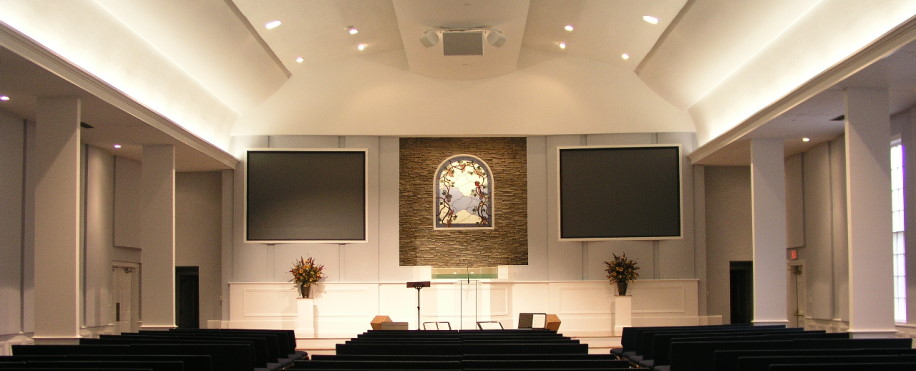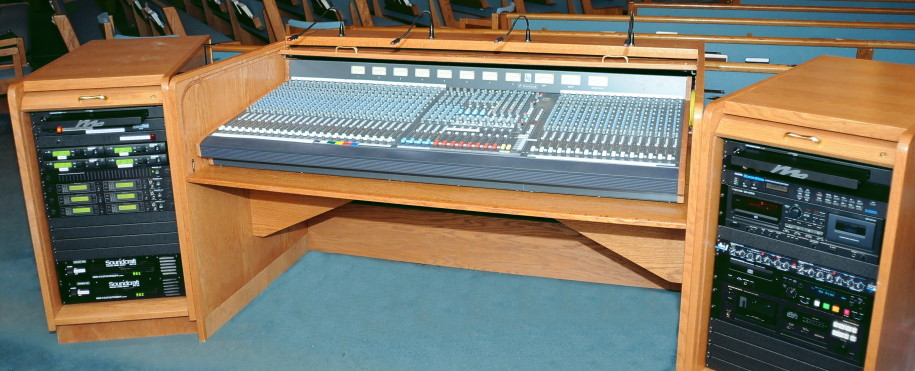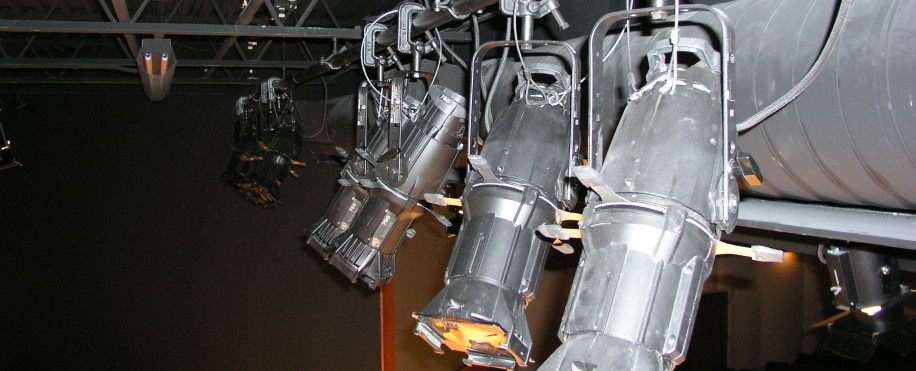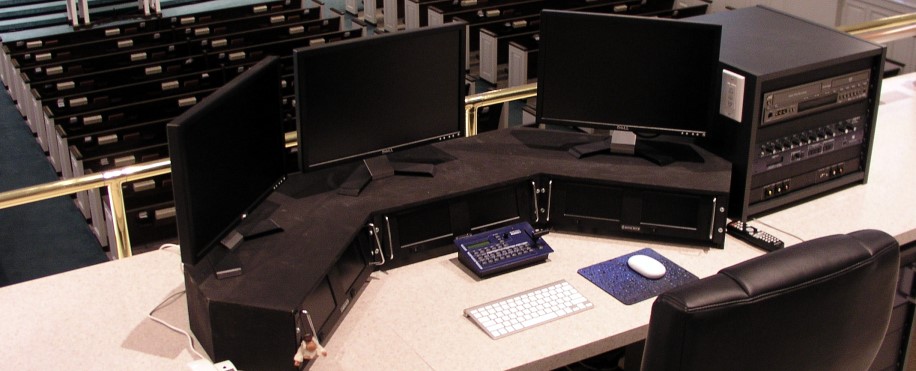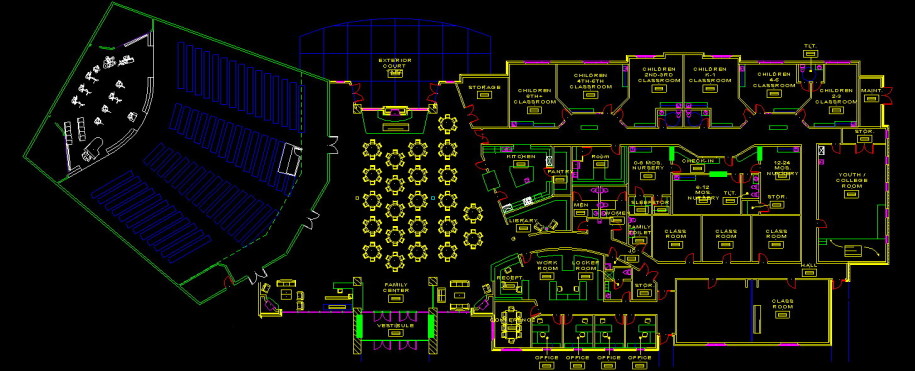Acoustics
Room acoustics is the study of sound – primarily the production, control, transmission, reception and effects of sound waves inside a room. The acoustics of any room is the foundation for sound. It determines the performance level of the piano, organ, choir, soloists, pastor (spoken word) – basically, anything that makes sound. It determines how well the congregation will be able to sing together and how well they will sound.
It is very common for churches to buy several sound systems hoping to find the right one for their room. In most cases the problem is not the sound system but the acoustics of the room – the acoustics of a room determines the performance level of any sound system. There is no amount of money you can spend on equipment to fix or overcome acoustical problems; regardless of advertising claims.
In a church sanctuary, the room should be:
- Free from high-level, late arriving reflections
- Free from audible flutter echoes
- Have the appropriate RT60
- Not undergo a radical change in acoustical parameters when nearly empty up to 80% full [of people]
Acoustical problems can show up in interesting ways:
- Echoes can be heard. The three basic types of echoes: slap, flutter, and full
- The pastor slows his/her speech in order to be understood
- The choir cannot hear each other even though they are standing side by side
- The musicians complain they cannot hear each other
- The acoustic drums overpower everything
- Congregational singing suffers
- People complain about loudness
- Feedback is just part of your ministry
- Vocalists and musicians constantly ask for higher monitor levels
Proper church acoustics starts in the sanctuary - but is also very important in the foyer, fellowship hall, offices, classrooms, kitchen, restrooms...
All Church Sound provides:
- Complete Acoustical Testing of Existing Rooms
- Acoustical Analysis of Drawings
- Detailed Acoustical Designs for New Construction
- Detailed Acoustical Solutions for Existing Construction
- Services
- Project Experience
- Education
ACS Tips & Facts:


